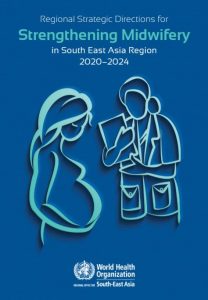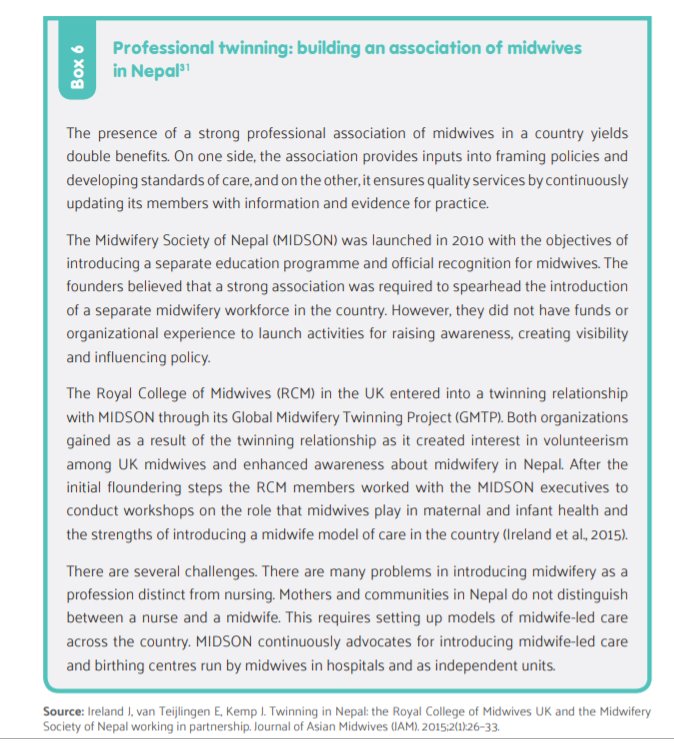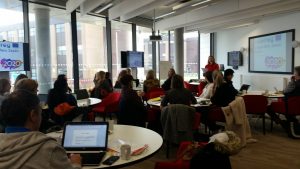 In recognition of the important contribution that early career academics play in driving research for the future, we are delighted to continue the BU Academic Targeted Research scheme to attract and recruit talented individuals in targeted research areas. Following the successful recruitment of five new posts, we will employ one other new Senior Lecturer with significant postdoctoral expertise (or of comparable experience) with outstanding potential in alignment with the targeted research areas:
In recognition of the important contribution that early career academics play in driving research for the future, we are delighted to continue the BU Academic Targeted Research scheme to attract and recruit talented individuals in targeted research areas. Following the successful recruitment of five new posts, we will employ one other new Senior Lecturer with significant postdoctoral expertise (or of comparable experience) with outstanding potential in alignment with the targeted research areas:
- Health and Science Communication
We wish to recruit a diverse cohort of individuals with the motivation to become future academic leaders in their field. As an academic at BU, successful candidates will develop their career in exciting work environments, be provided with a high level of dedicated time to drive research activity and build capacity, and have the freedom to develop their research interests within the targeted areas. BU is committed to Fusion and as such successful candidates will also have the opportunity to contribute to the education and professional practice activities within their Department.
To support these roles and accelerate their careers, BU will provide three years of full-time salary (or part-time equivalent) and reasonable costs directly related to the proposed programme of research activities (up to £10k per year). The standard Academic Application Form must be completed and in all cases accompanied by the BU Academic Targeted Research scheme application form, which will propose the research activities and request funding.
To find out more about these exciting opportunities, please read the scheme guidance and visit the BU website.
The deadline for applications is Sunday 10 May 2020.
Any enquiries should be directed to researchfellowships@bournemouth.ac.uk .






 On 6 April, BU launched a COVID-19 internal competition, with a call for EoIs. This opportunity is open to all staff. The EoI deadline is at 23.59 on Tuesday, 14 April, and the winners will be announced on Tuesday, 20 April.
On 6 April, BU launched a COVID-19 internal competition, with a call for EoIs. This opportunity is open to all staff. The EoI deadline is at 23.59 on Tuesday, 14 April, and the winners will be announced on Tuesday, 20 April. RDS have created a
RDS have created a 
 Every BU academic has a
Every BU academic has a  By clicking on this box, on the left of the Research Blog home page just under the text ‘Funding Opportunities‘, you access a
By clicking on this box, on the left of the Research Blog home page just under the text ‘Funding Opportunities‘, you access a  UKRO is pleased to announce the latest in its series of webinars, which will take place at 10.30-11.30 (UK time) on Friday 3 April on the topic of ‘COVID-19 and EU Funding update’.
UKRO is pleased to announce the latest in its series of webinars, which will take place at 10.30-11.30 (UK time) on Friday 3 April on the topic of ‘COVID-19 and EU Funding update’. If you would like to take the opportunity of online impact training as it relates to the UKRI Case for Support or writing the impact sections of Horizon 2020 proposals, Professor Mark Reed of Fast Track Impact is offering free, interactive webinars, giving you access to his most popular training sessions. Due to a high level of interest, there are now a further 100 tickets available for each of the two courses below:
If you would like to take the opportunity of online impact training as it relates to the UKRI Case for Support or writing the impact sections of Horizon 2020 proposals, Professor Mark Reed of Fast Track Impact is offering free, interactive webinars, giving you access to his most popular training sessions. Due to a high level of interest, there are now a further 100 tickets available for each of the two courses below:










 TANGERINE project has lift off with BPC Indian Community!
TANGERINE project has lift off with BPC Indian Community! Postgraduate Research Experience Survey (PRES) 2024 – Closing today
Postgraduate Research Experience Survey (PRES) 2024 – Closing today THE INNOVATION COMMON ROOM: Going Old School
THE INNOVATION COMMON ROOM: Going Old School Apply for up to £1,000 to deliver an event and take part in a national festival of public engagement with research
Apply for up to £1,000 to deliver an event and take part in a national festival of public engagement with research MSCA Postdoctoral Fellowships 2024
MSCA Postdoctoral Fellowships 2024 Horizon Europe News – December 2023
Horizon Europe News – December 2023